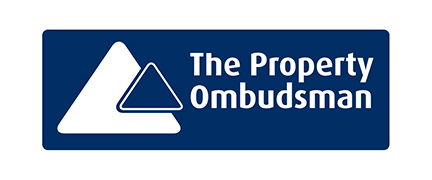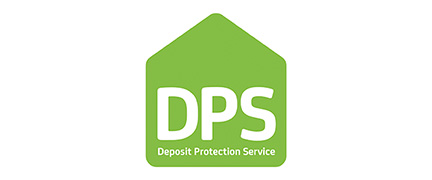
The rental of homes is an appealing business that can guarantee a steady income for you. Success as a landlord is not how quickly you can find a tenant, but rather to finding someone who pays the rent on time and cares about your property as if their own. While there’s no way to guarantee that you will never come across a rouge tenant, performing a tenant reference check is vital in reducing the likelihood of having issues down the line.
If you’re wondering what goes into the tenancy process, Propertyline, answers 12 of the most frequently asked questions about tenant referencing.
1. What is tenant referencing?
Tenant referencing is a screening process that helps you find out if a potential renter,
is whom they say they are and can pay the rent on time. The reference is a background check on the prospective tenants and provides you with the information you need to help you make a more informed decision on the suitability of the tenants.
2. Who does the check?
Unless you rather do the tenant reference check yourself, you can hire a letting agent to assess prospective tenants on your behalf. Most letting agents offer a full management service that assists you throughout the process, from listing your property to finding the right tenant to renting your home.
3. What is checked in tenant referencing?
- Proof of Identity
- Right to Rent Checks
NOTE: Starting in February 2016, all landlords in England are required to conduct right to rent checks. It is to ensure that a potential tenant has the legal rights to live in the UK.
- National Insurance Number
- Proof of Residency (e.g., utility bills for the last three months)
- Bank Statements
- Employer Reference
- Previous Landlord Reference
- Guarantor Reference
- Credit Check
4. How long does tenant referencing take?
A full referencing can be accomplished in as fast as 48 hours. However, there are some factors that may cause a delay in the process including how fast the parties involved – applicants and referees – respond to the reference check.
5. Who pays for tenant referencing?
The landlord or Agent is liable for these costs under the Tenant Fee Act 2019.
Did you find this information helpful?
Mohammed Jamil
BSc (Hons)
Property professional with over 20 years of experience, bringing you the latest property news and regulation.













